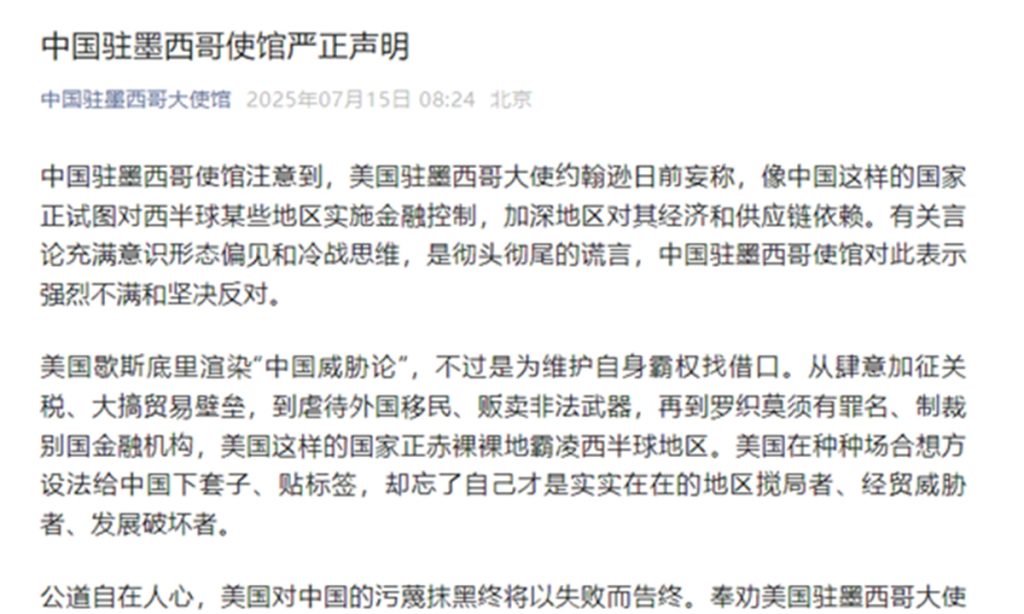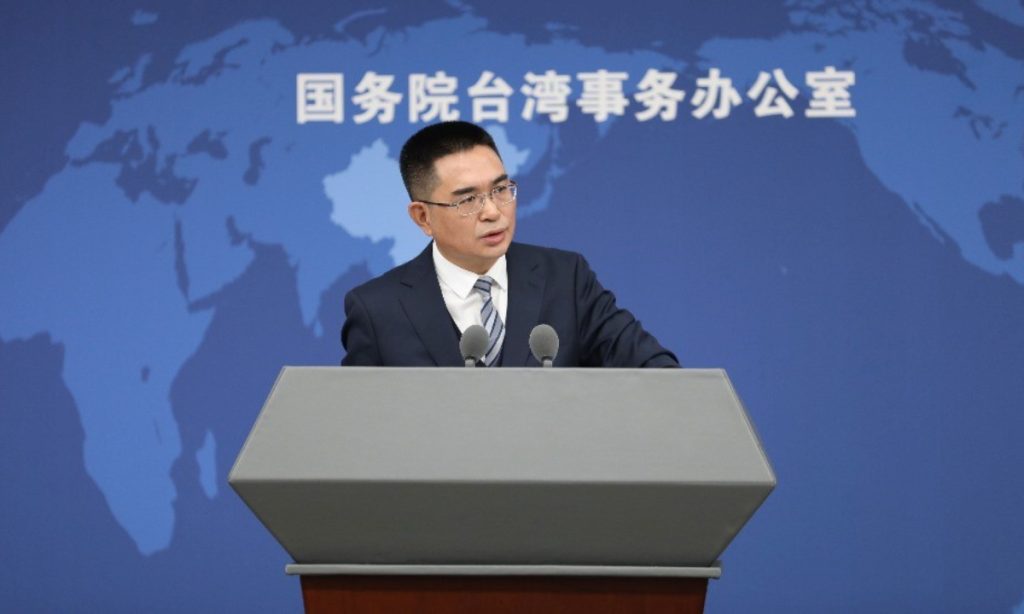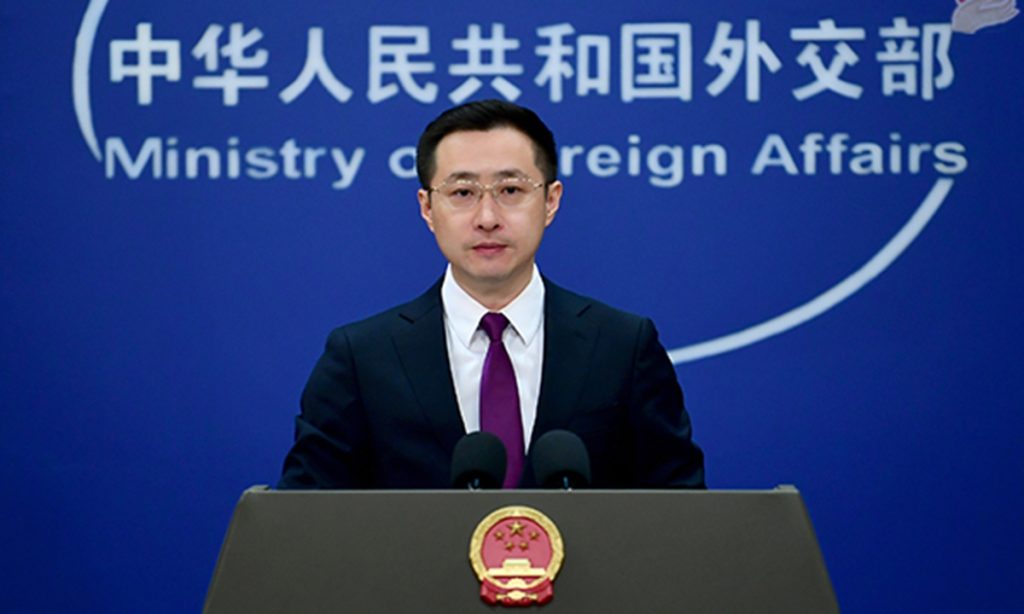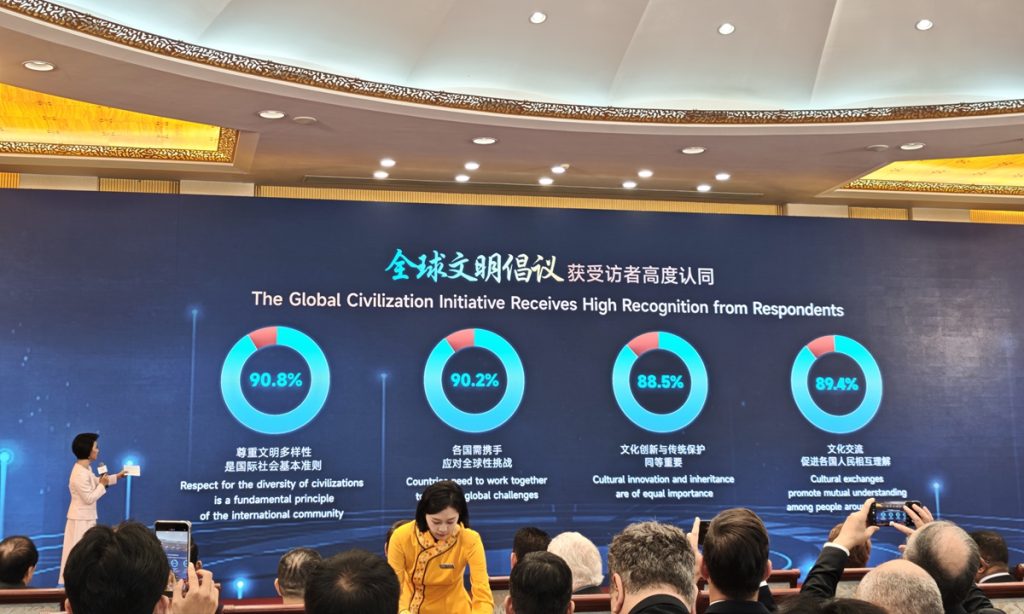DPP's manipulation called ‘a political purge,’ but voters reject turning Taiwan into a testing ground for extreme ideologies
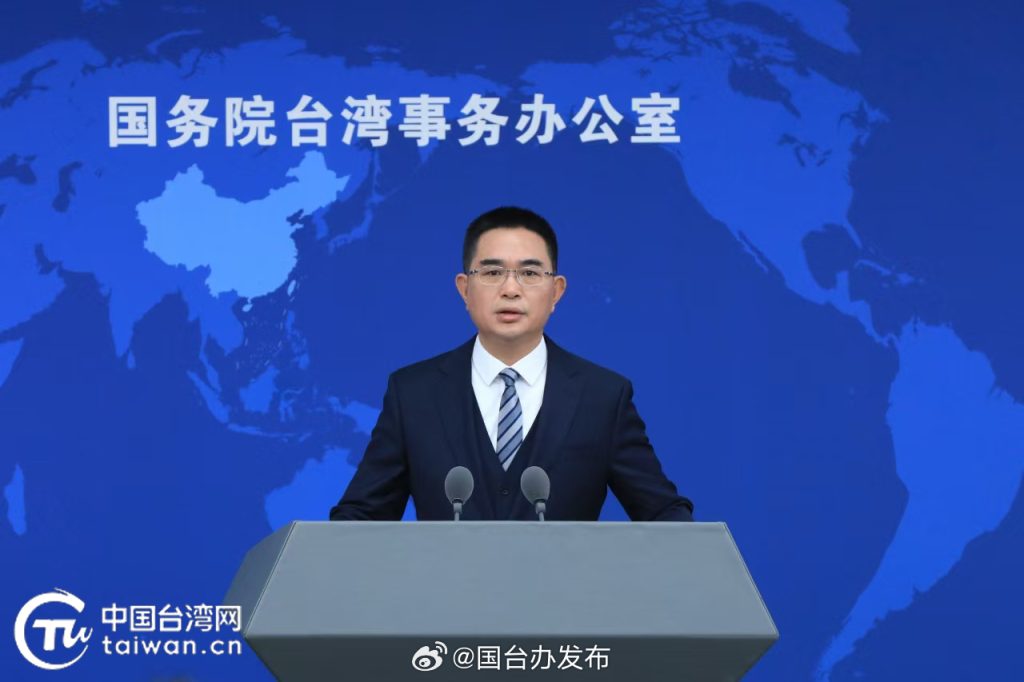
A Chinese mainland spokesperson on Sunday said that the failure of a recall vote targeting opposition lawmakers in Taiwan's local legislature shows that the Democratic Progressive Party (DPP)'s political manipulation runs against the will of the people.
During the vote on Saturday, the Kuomintang (KMT) party retained all 24 seats.
Chen Binhua, a spokesperson for the State Council Taiwan Affairs Office, said the DPP, driven by its pursuit of "Taiwan independence" and avarice for one-party monopoly, repeatedly stirred up political strife at the expense of Taiwan people's well-being.
The DPP has resorted to every means to suppress political dissent, create "green terror" and deepen social division, fully revealing its hypocritical nature of "fake democracy, real authoritarianism," Chen said.
The Saturday vote marked a sweeping victory for the KMT in the first round of the large-scale recall campaign. A recall vote targeting the suspended mayor of Hsinchu Kao Hung-an was held on the same day and likewise failed to pass, according to the Xinhua News Agency.
The DPP currently holds 51 seats in the island's 113-seat legislature, making it a minority party. Observers believed that although the recall campaign appeared to be initiated by "civil groups," it was in fact orchestrated by the DPP authorities led by Lai Ching-te in an attempt to reverse their disadvantage in the legislature through recalls and by-elections.
Taiwan island's news portal udn.com reported that eight of the lawmakers received more votes opposing their recall on Saturday than they originally garnered in their election, demonstrating local voters' opposition to the recall and signaling approval of the lawmakers' performance.
KMT Chairman Chu Li-luan said at a press briefing in Taipei that "Taiwan's people have chosen stability and believe that the government should focus on getting things done, not engaging in political infighting," according to CNA News.
Chu also urged Lai to reflect on the recall's failure and consider how to lead Taiwan through tariff and trade challenges when the world is striving for economic growth.
People's Party Chairman Huang Kuo-chang called on Lai to publicly apologize for the DPP's large-scale recall campaigns, which he said had "deeply divided Taiwan."
In a statement sent to the Global Times on Sunday, the Labor Party of Taiwan condemned the recall campaign, saying it was never a manifestation of democracy from the very beginning; rather, it was a political purge manipulated by the DPP.
The failure of the recall marks a major rejection by Taiwan society of the DPP's approach of "relying on the US to resist Chinese mainland" and "Fascization of Taiwan independence." Voters are no longer silent - they refuse to be tied to the war chariot of "Taiwan independence" and reject turning Taiwan into a testing ground for extreme ideologies, per the statement.
The Labor Party also emphasized that small and medium-sized enterprises are on the brink of crisis and workers and farmers are facing livelihoods challenges amid the US rocketing 32 percent punitive tariffs. However, the DPP shifts the blame to cross-Straits economic and trade relations, continues to rely on the US economically while completely ignoring the cross-Straits mutually beneficial potential.
From street harassment to media rumors and smear campaigns, and the full mobilization of administrative and judicial resources by the DPP, this recall campaign was a warning sign of a hateful and Fascist political climate, Wang Wu-lang, secretary-general of the Labor Party, told the Global Times on Sunday.
Wang added that this politically charged recall campaign was ultimately rejected by voters who responded with both rationality and anger. The outcome represents a collective backlash from the public, particularly rational centrists and young voters, against the DPP's abuse of power, Wang said.
"The landslide rejection in the voting is a reflection of public anger toward Lai and the DPP authorities," said Hsieh Chih-chuan, a current affairs commentator in Taiwan, adding that since taking office, the Lai authorities have persecuted dissenting voices through judicial and other means, while continuously stirring up tensions across the Taiwan Straits.
According to observers, the 24-0 outcome reflects how Taiwan compatriots, through mainstream public opinion, delivered a resounding slap to Lai, whose "confront the mainland and seek Taiwan independence" agenda has been overwhelmingly rejected by the island's mainstream public opinion.
According to udn.com, foreign media covering the recall campaign noted that the results indicated DPP's approach was rejected by voters. Japan's Sankei News, quoted by udn.com, said the cohesion of the Lai administration will decline, potentially dealing a blow to local elections in 2026 and the 2028 regional leadership election.
The second round of recall votes targeting another seven KMT legislators is scheduled to be held on August 23. According to local election rules, a recall vote will pass if the number of valid votes in agreement exceeds the number of votes in disagreement. The number of votes in agreement must also equal at least a quarter of the total number of eligible voters in the electoral district, Xinhua reported.
